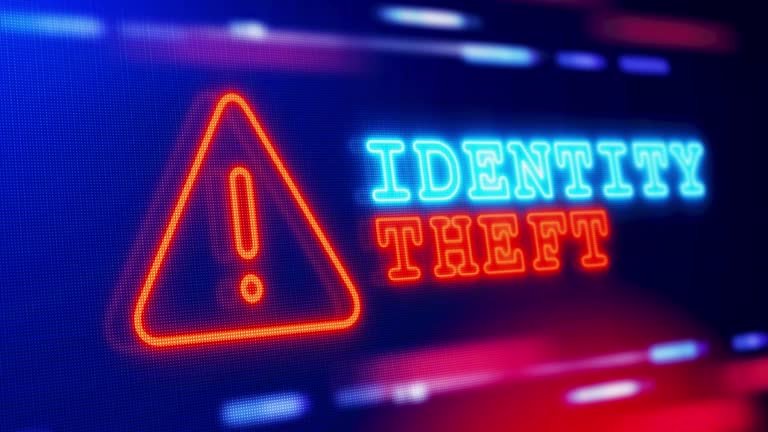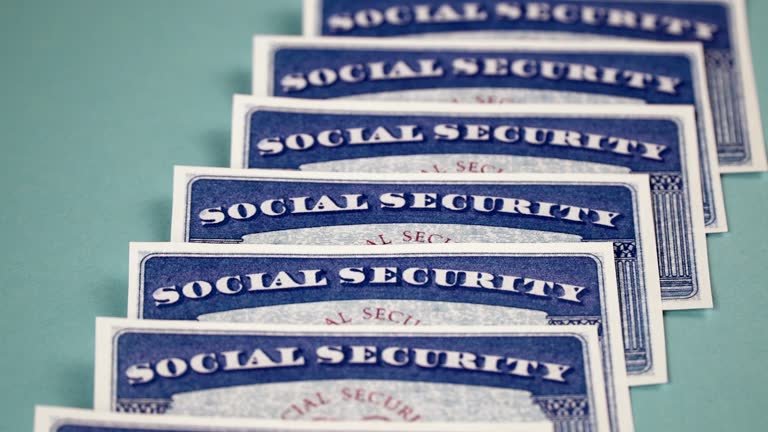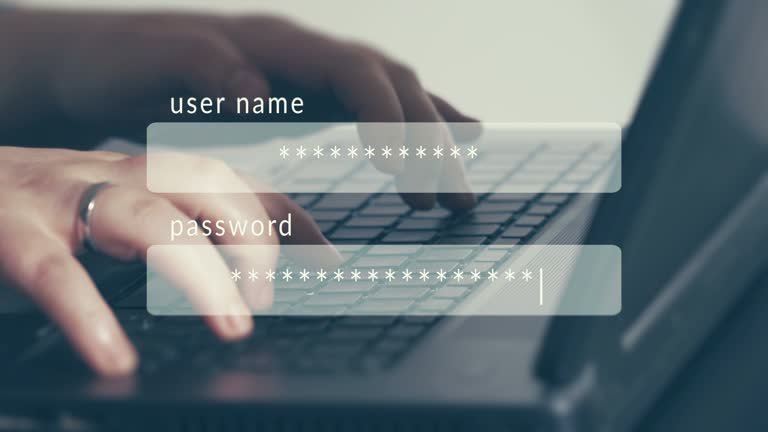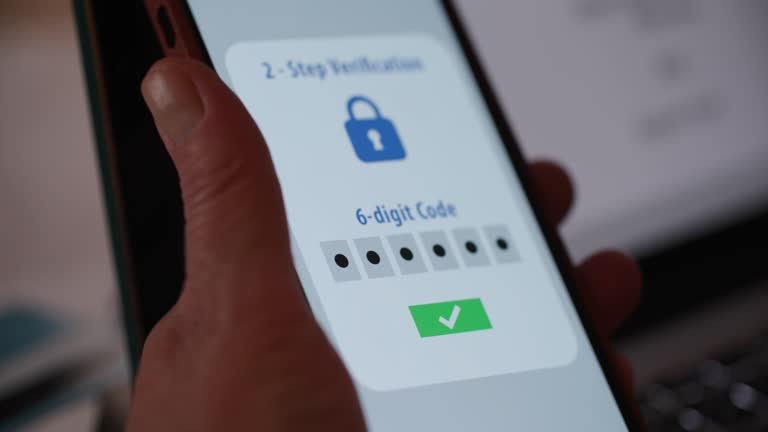
- calendar_month August 16, 2024
- folder Community Engagement
Sharing Tags
Cyber Awareness, Cyber Security, Dark Web, Data Breach, Identity Protection, Identity Theft, JohnHart, JohnHart Real Estate, Nathan Derry, Nathan Derry JohnHart, Nathan Derry Realty, Nathan Derry Recommends, Nathan Derry Tips, Nathan Derry, JohnHart Real Estate, Online Safety, Personal Information Security, Protect Your Data, Social Security Breach

An alarming data breach has recently come to light, potentially compromising sensitive information, including Social Security numbers, for millions of people. According to reports from The Los Angeles Times, this breach could involve the personal records of billions of individuals. Here's what you need to know about this serious incident and how to protect yourself.
Details of the Breach
The hacking group known as USDoD allegedly stole personal records from a company called National Public Data. The group claims to have accessed information for 2.9 billion people, including names, addresses, relatives, and Social Security numbers dating back at least three decades. This stolen data reportedly amounts to 277.1 gigabytes, making it one of the most significant breaches in recent history.
A class-action lawsuit has been filed in U.S. District Court in Fort Lauderdale, Florida, concerning this breach. The lawsuit claims that the breach occurred around April 2024. According to cybersecurity experts, USDoD is allegedly attempting to sell these records on the dark web for $3.5 million.
Steps to Protect Yourself

In light of this breach, it's crucial to take steps to safeguard your personal information. Here are some recommendations:
-
Update Your Antivirus Software: Make sure your antivirus software is up to date and perform thorough security scans on all your devices. If any malware is detected, most antivirus programs can remove it, but in some cases, you may need to seek professional help.
-
Change Your Passwords: Update your passwords for all your important accounts, including banking and email. Ensure that each password is strong and unique, incorporating uppercase and lowercase letters, numbers, and special characters. Avoid using personal information that could be easily guessed by hackers.
-
Enable Multifactor Authentication: Where possible, enable multifactor authentication (MFA) for your accounts. MFA adds an additional layer of security by requiring a second form of verification, such as a text message code, in addition to your password.
-
Monitor Your Credit Report: Regularly check your credit reports for any unauthorized activity. If you notice anything suspicious, contact the credit bureaus to freeze your credit, preventing new accounts from being opened in your name.
-
Be Cautious with Emails and Social Media: Be vigilant about phishing attempts, where attackers may try to steal your personal information by pretending to be someone you trust. Always verify the source of emails and messages before clicking on any links or providing personal details.
Who is the USDoD, and What Does This Breach Mean?

The U.S. Department of Defense (USDoD) is the federal agency responsible for coordinating and supervising all agencies and functions of the government directly related to national security and the military. The fact that a breach of such magnitude is associated with the USDoD heightens the concern, as this agency handles highly sensitive information.
The breach's potential connection to the USDoD suggests that it may not just be a simple cyber attack but part of a larger, more sophisticated operation, possibly orchestrated by foreign entities or highly skilled cybercriminals. This breach could have significant implications for national security and individual safety.
What Could This Mean for the Security of Our Citizens?

If every American's SSN has indeed been compromised, it could lead to widespread identity theft, financial fraud, and long-term damage to credit profiles. Cybercriminals can use stolen SSNs to:
- Open credit accounts in your name
- File fraudulent tax returns
- Access medical services
- Commit other forms of fraud that can leave you with severe financial and legal headaches
The broader impact could include a loss of trust in governmental institutions to protect citizens' personal information, leading to a demand for stronger cybersecurity measures at all levels of government.
What Can Be Done with the Credit Bureaus?

Contacting the credit bureaus is a critical step in protecting your identity:
-
Credit Freeze: As mentioned, freezing your credit prevents new accounts from being opened in your name. This is free to do with each bureau.
-
Fraud Alerts: Placing a fraud alert on your file is a free and straightforward way to warn potential creditors to be extra cautious when verifying your identity.
-
Credit Monitoring Services: Some services offer more comprehensive monitoring of your credit and personal information, providing alerts if suspicious activity is detected.
The reported breach involving Social Security numbers and other sensitive information is a serious concern for everyone. Taking proactive measures to protect your identity is essential in these times of increasing cyber threats. If you suspect that your information has been compromised, act quickly to secure your accounts and personal data.
Stay safe, stay vigilant, and don't hesitate to reach out for professional assistance if needed.
I'm Nathan Derry with JohnHart Real Estate, reminding you to take these warnings seriously and protect your personal information.
Would you like more information or need help understanding how to protect yourself in light of this breach? Feel free to reach out!
All the best,
Nathan

📍JohnHart Real Estate
📞(424) 303-0440
📧 nathan@jhagents.com
👨🏽💻 itsnathanderry.com
Interested in seeing a property or one of my off market properties in person? Contact me today! Who you hire matters!!!
Ready to make the best move of your life… let’s chat today!
